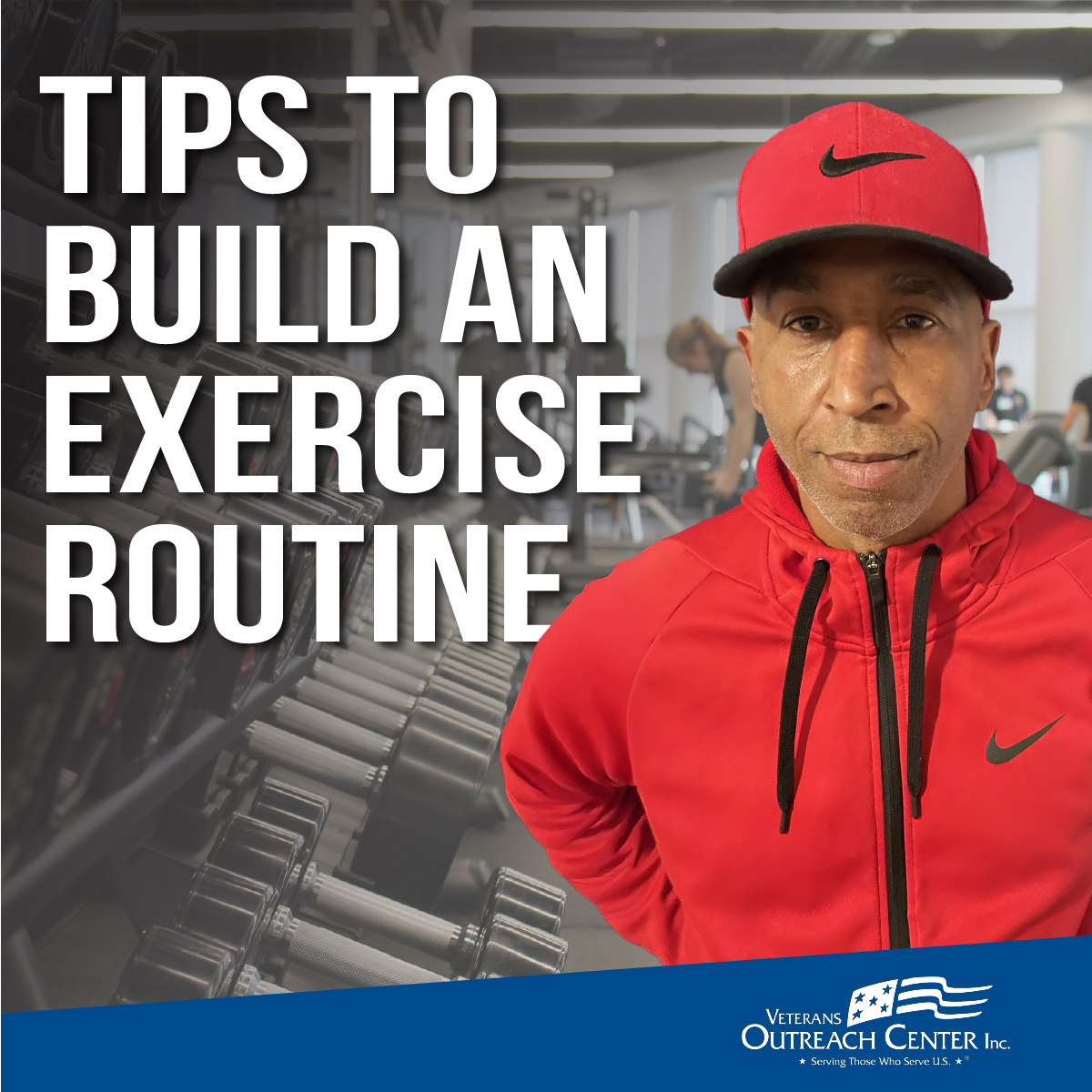The Mayo Clinic states that “spending too much time planning, problem-solving, daydreaming, or thinking negative or random thoughts can be draining and make you more likely to experience stress, anxiety, and symptoms of depression.” For veterans with PTSD or other mental health challenges, stress, anxiety, and symptoms of depression may stem from experiences during their military service.
Read MoreFor more than a decade, I’ve been working with veterans who struggle with substance abuse. I’ve seen veterans at every stage of recovery – some of whom were able to overcome their addiction; others who relapsed; and, tragically, some who overdosed. In too many of these cases, this all could have been avoided if not for their reliance on prescription opioids. These brave servicemembers stood up for our country and freedoms only to be knocked down by addiction to medication that is supposed to help them manage chronic and post-surgical pain. This is an epidemic that is unfair to the people who served our country.
Read MoreVeterans Outreach Center (VOC) has witnessed the evolving lives of veterans since its inception in 1973, and in the same way our founders felt, we are compelled to continually reevaluate the traditional models of veteran services to keep up with their changing needs and preferences.
Read MoreIt goes without saying that physical activity is necessary to get fit. However, research also shows that it’s a good tool for supporting mental health. Moving your body can help manage stress from service, ease feelings of depression or anxiety, and build resilience. Getting started with an exercise routine can be a big step at first, but making it a regular habit will yield real benefits.
Read MoreOutdoor recreation offers a different approach that some veterans find liberating. Research continues to show that it is a powerful and effective tool for veterans.
Read MoreSeasonal depression, also called seasonal affective disorder (SAD), is a type of depression related to the change in season. Typically beginning in the fall and running through the winter months, SAD can drain your energy, put you in a bad mood, and overall make this time of year harder to deal with.
Read MoreJoin a group. We often find strength in numbers. So, become active in a club, a faith-based organization, a civic group, or any association that offers human connections. Becoming a member of a group brings social support and a sense of purpose to our lives, building resilience.
Read MoreMove toward your goals. Set realistic goals, perhaps small steps toward something you want to accomplish. Do something regularly that’s achievable. Ask yourself, “What’s one thing I can accomplish today that moves me in the direction I want to go?”
Read MoreWhen we are resilient, we adapt well to adversity, trauma, or any significant source of stress, such as family problems or financial challenges. Being resilient means “bouncing back” from difficult experiences and regaining your balance. Even more, though, with resilience comes personal growth. Resilience helps you get through rough patches while also improving your life.
Read More








